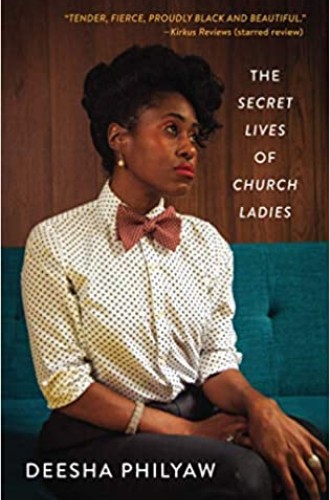I want more for Deesha Philyaw’s church ladies
I want a sequel where they don’t have to hide their sexuality.
Deesha Philyaw’s phenomenal debut collection of short stories is a page-turner, and not just for clergy who tend toward a prurient interest in church dysfunction. The title says it all. These are stories about women with secrets—and their most intriguing inner imaginings concern the churches they were raised in.
This is not to say the stories take place in church. Scenes are set in the bedrooms and steamy cars of lovers whose unions would not be blessed in public worship, with many of these women wondering what their Christian relatives are thinking. Even when they have walked away from those congregations, the main characters of each story—all Black women—are haunted by the church that has shaped them in some way.
In the rollicking first story, two women who are best friends meet for an annual New Year’s Eve tradition of getting drunk and making love. One is out and comfortable with her sexuality; the other is a proper single church lady who can only bring herself to engage in lesbian sex once a year and under the influence of alcohol. The rest of the time she accepts inane dating advice from a pastor who tells her that she must make room for that mythical missing man by having a less full life.





